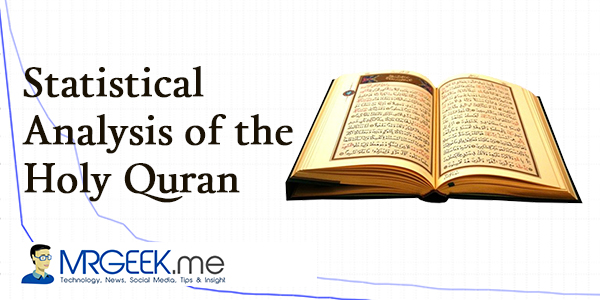

He became the sensation of modern day anti Qur’anic polemical pedestal. ironically the scholar with a narrow scope gets famous. Some of them with a wide scope and some, in my opinion, with a very narrow scope. Qur’anic textual criticism have been approached by non-muslim scholars. If the two stories in the same book are contradistinctions, it cannot be deemed that two different people wrote those two different stories. In criticism, the internal stories must have two different writing styles, contradictions, or/and varying intent’s, not that it differs from Bible. Adam), and claim that the Qur’an has a different version in one place, and another version in another place, both contrasting two different aspects of the Genesis story, it is a presupposition that the Bible is the correct story, and the Qur’an has two different stories, thus, it must be written by two different authors. For example, if an analyst take the Bible as the yardstick of a story (e.g. Form criticism of the Qur’an by western scholars have been with presuppositions, not an analysis outcome alone. Actual application of textual criticism as applied to the New Testament is very very scarce. Like techniques they had learned from the great Gunkel, all due respect and honour given to Christian scholarship which is one of the most commendable work in my personal opinion. Some orientalist type of 20th century scholars have tried to do literary criticism of the Qur’an applying techniques developed by Christian scholars of the New Testament which ironically ends up being an attempt at form criticism. Modern day scholars find it a very daunting task to apply textual criticism to the Qur’an. Anyway, that is a very lengthy subject altogether. They will take both vartiations, and see if there were any historical traditions that has any one of them, and they will take the narrator, his character, his memory, age, etc etc and make an assessment where one is correct or not, and sometimes “both are correct”. In medieval Islamic scholarship, they will not make such an assessment. This is called the criterion of embarrassment. Thus, the scholar will conclude with high probability that the original writer would have said “Jesus got angry”. A copyist will not wish to portray in a non-peaceful manner, unless the original writer actually said that Jesus got angry.

That is, a writer will not take a copy that says Jesus smiled, and change it to Jesus got angry. Being Jesus’ his character being peaceful, the writer would not deliberately change something good to bad. One would say Jesus got angry, and the other would say Jesus smiled (as an example). For example, in textual criticism of the New Testament a scholar might come in front of two sentences that have different readings. It differs from modern literary criticism and it’s methodologies are contrasting in many ways. Qur’anic scholars in medieval times took a pragmatic approach, and developed scholarship based on it. It does not address if what he said was correct or not, just the assessment of text to identify what the author actually said. Textual criticism is the study of what the original author or writer of the book actually said.


La transmission écrite du Coran dans les débuts de l'islam: le codex Parisino-petropolitanus. Textual Criticism and Qur'an Manuscripts. Journal of the American Oriental Society. "Review: La transmission écrite du Coran dans les débuts de l'islam: le codex Parisino-petropolitanus, by François Déroche". "The Codex of a Companion of the Prophet and the Qurʾān of the Prophet". "Ṣan'ā' 1 and the Origins of the Qur'ān". Sadeghi, Behnam Goudarzi, Mohsen (2012).The Book Trade in the Italian Renaissance.


 0 kommentar(er)
0 kommentar(er)
